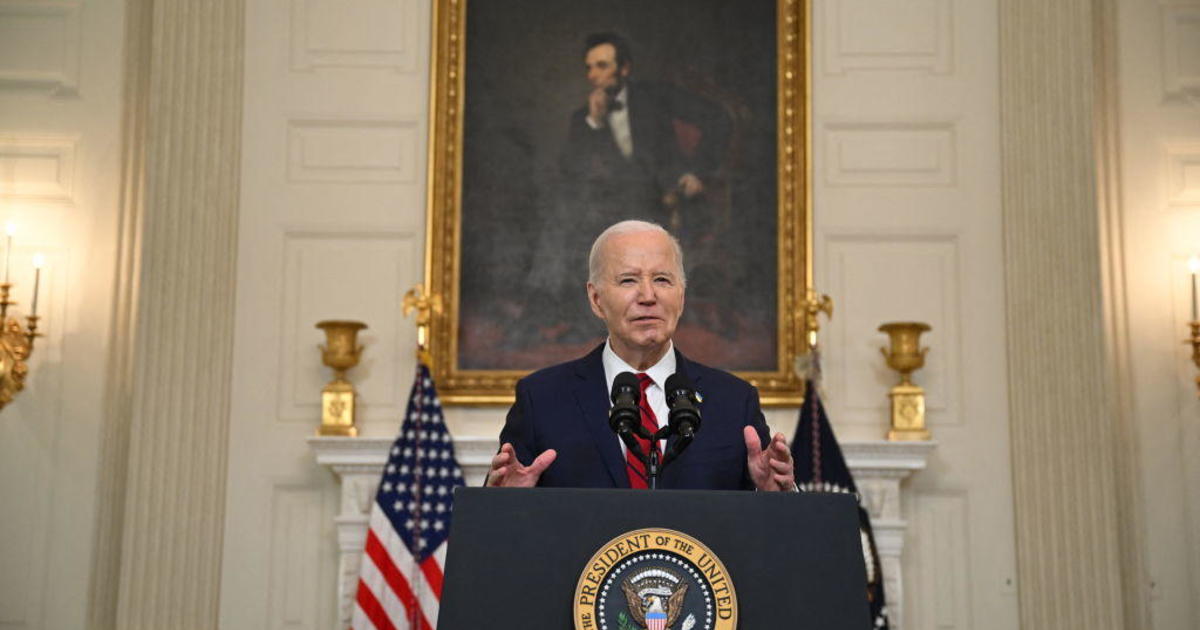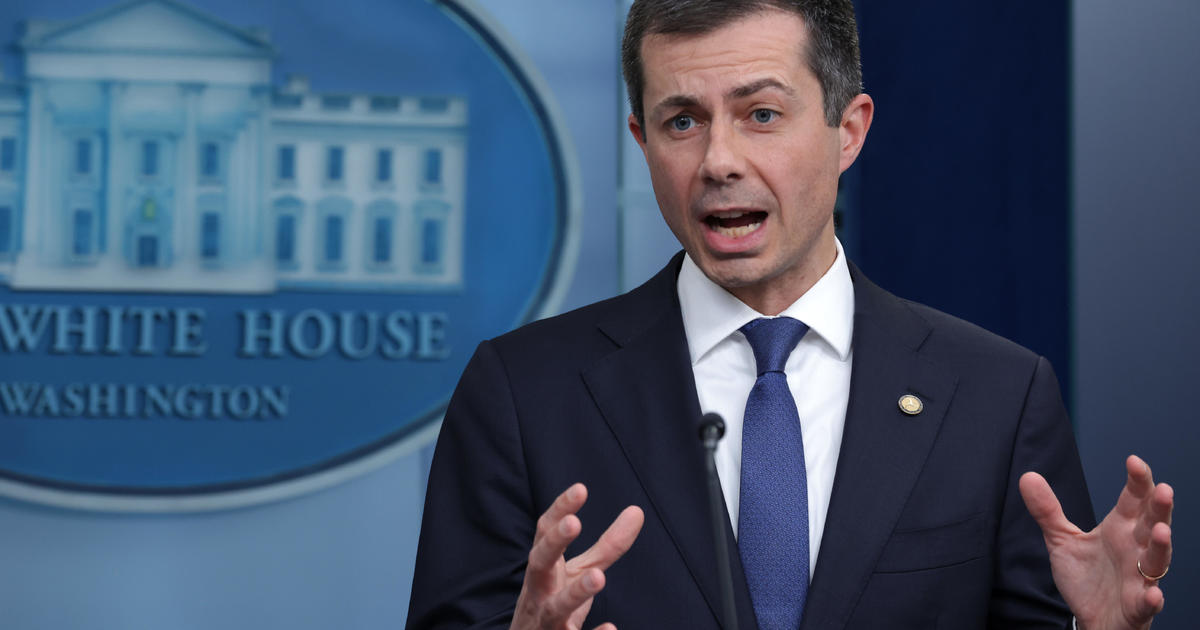Who's the boss come Monday at consumer agency?
Who's the boss? That's the awkward question after the departing head of a government agency charged with looking after consumers' rights appointed a deputy to temporarily fill his spot. The White House then named its own interim leader.
So come Monday, who will be leading what Congressional Republicans had called a "rogue agency"?
Senior Trump administration officials said Saturday that they expect no trouble when President Donald Trump's pick for temporary director of the Consumer Financial Protection Bureau shows up for work, despite the clash on who should take over.
Mr. Trump called the agency a "total disaster as run by the previous Administrations pick" in a tweet Saturday night. "Financial Institutions have been devastated and unable to properly serve the public. We will bring it back to life!"
Both departing director Richard Cordray -- an Obama appointee long criticized by Congressional Republicans as overzealous -- and the White House say they have the right to designate an interim leader until a permanent one is approved by Congress.
When Cordray tendered his resignation on Friday, he elevated Leandra English, who was the agency's chief of staff, into the deputy director position. Under the Dodd-Frank Act that created the CFPB, English would become acting director in Cordray's absence. Cordray specifically cited the law when he moved English, an ally of his, into that position.
That set up the battle with the White House, as Corday's move was clearly seen an attempt to stop Trump from shaping the agency in the months ahead. Getting a permanent replacement approved by the Senate could take months.
The president's pick for temporary appointee, Mick Mulvaney, had been widely anticipated. Mulvaney, currently director of the Office of Management and Budget, has been an outspoken critic of the agency and is expected to pull back on many of Cordray's actions in the six years since he was appointed.
Trump announced he was picking Mulvaney within a few hours of Cordray's announcement on Friday.
The administration officials, speaking on condition of anonymity to discuss the White House's thinking, called Trump's appointment of an acting director a "routine move" and cited the Federal Vacancies Reform Act of 1998, a different one than Cordray cited. They said the Justice Department's Office of Legal Counsel has already approved Trump's appointment of Mulvaney and will issue a written legal opinion soon.
The clashing appointments raise the question of what happens when the two new heads show up and try to sit at the same desk and give orders?
One of the administrative officials, pressed about the awkward situation on Saturday, said she didn't anticipate Mulvaney would have any trouble when he started working Monday. Referring to Cordray's pick, the official added that English was expected to also show up, too -- but as deputy director.
The choice for a temporary appointment may seem a small matter, but the agency has been tangled in in partisan politics since its creation, and the attitudes of the two toward it differ sharply.
English is a trusted lieutenant of Cordray's who has helped investigate and punish financial companies in ways that many Republicans, Mulvaney in particular, think go too far. In his announcement Friday, Cordray praised English by highlighting her "in-depth" knowledge of the agency's operations and its staff. Before joining the CFPB, English served at the Office of Management and Budget and Office of Personnel Management.
"Leandra is a seasoned professional who has spent her career of public service focused on promoting smooth and efficient operations," Cordray said in the statement.
Mulvaney was a South Carolina representative to the House before becoming head of the budget office. A founder of the hard-right House Freedom Caucus, he was elected in 2010 as part of a tea party wave that brought many critics of the U.S. budget deficit to office. He has taken a hard line on federal spending matters, routinely voting against increasing the government's borrowing cap and pressing for major cuts to benefit programs as the path to balancing the budget.
He also has been unsparing in his criticism of the CFPB, and Democrats has seized upon his words in criticizing his appointment by Trump to the agency.
U.S. Rep. Maxine Waters of California, the top Democrat on the House Financial Services committee, issued a statement Saturday calling Mulvaney "unacceptable" to lead the CFPB because of his "noxious" views toward its mission to protect consumers.
"As a member of the House Financial Services Committee, Mr. Mulvaney called the Consumer Bureau a 'joke,'" Waters wrote. "He was also the original co-sponsor of a bill to completely eliminate the Consumer Bureau, and supported other legislation to harmfully roll back Wall Street reform."



